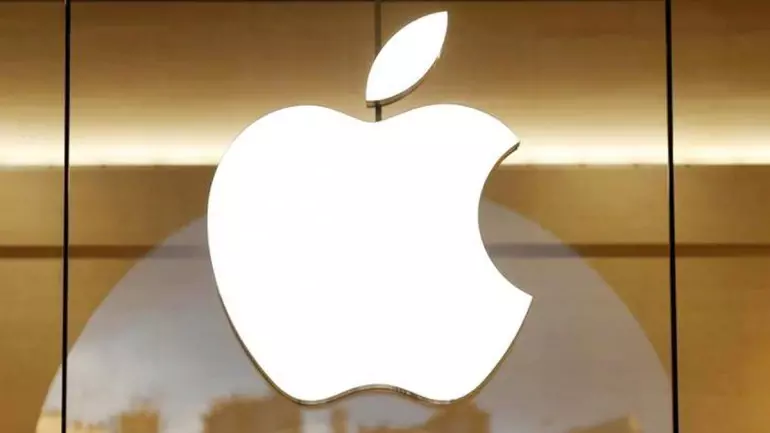CCI Directs Investigation Into Apple's App Store Policies On Allegations Of Unfair Trade Practices
Sohini Chowdhury
1 Jan 2022 5:49 PM IST

Next Story
1 Jan 2022 5:49 PM IST
On Friday, the Competition Commission of India directed investigation into the Apple's App Store policies with respect to allegations of unfair trade practices in India raised by a non-government organisation, Together We Fight Society. Allegations raised by Informant The informant, alleged that - "Apple uses barrage of anti-competitive retrains and abuse dominate practices...
